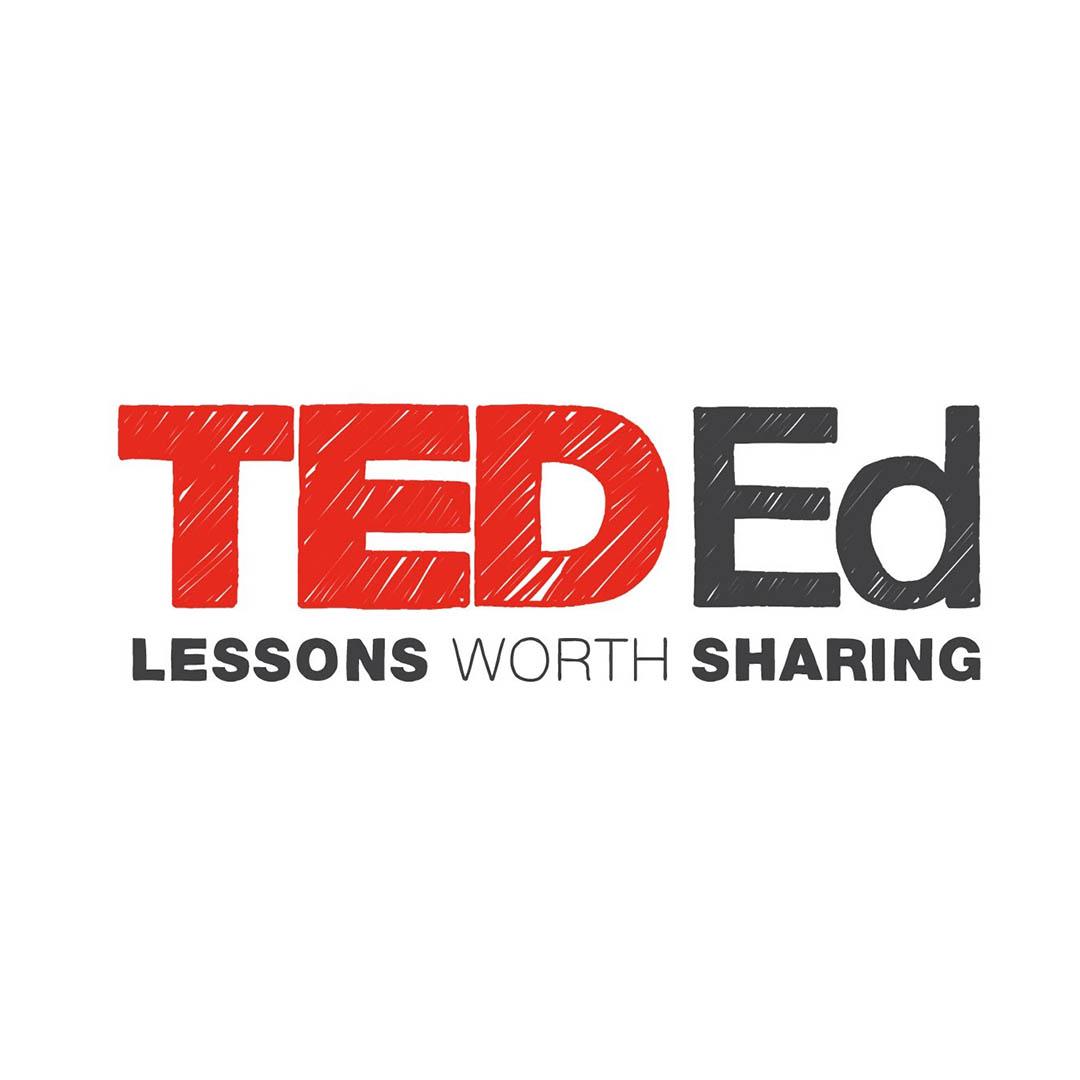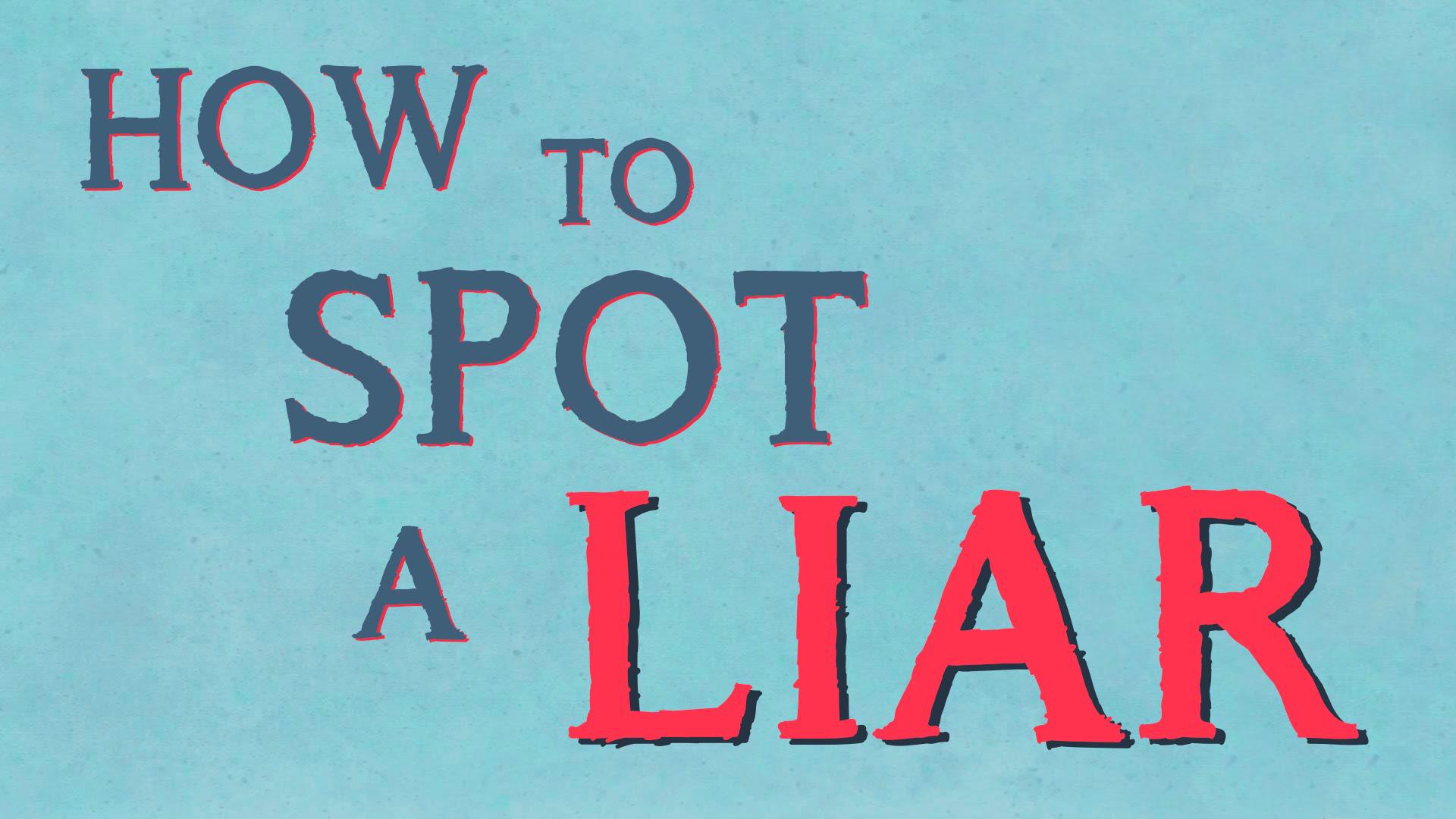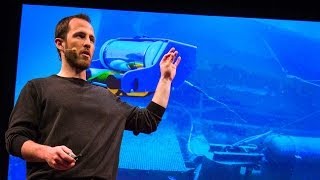The language of lying — Noah Zandan
View full lesson: http://ed.ted.com/lessons/the-language-of-lying-noah-zandan We hear anywhere from 10 to 200 lies a day. And although we’ve spent much of our history coming up with ways to detect these lies by tracking physiological changes in their tellers, these methods have proved unreliable. I



